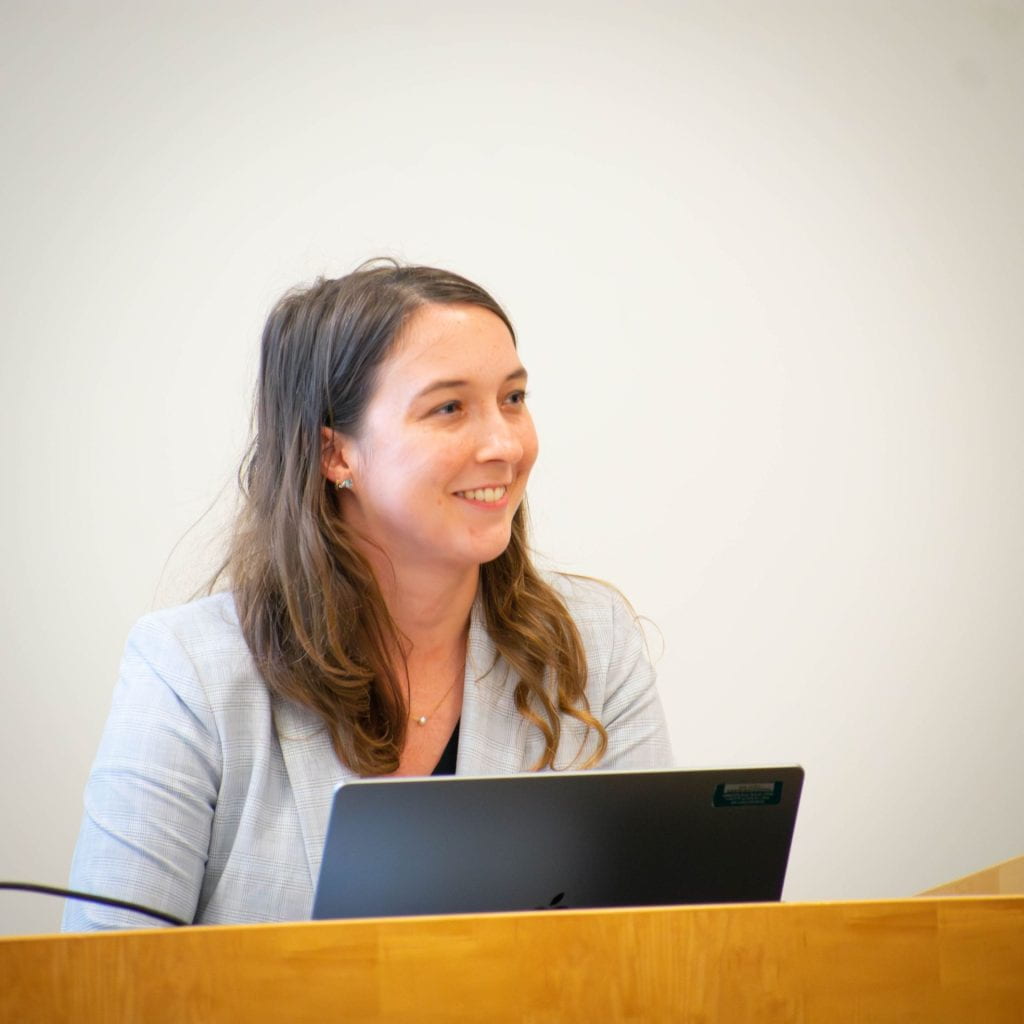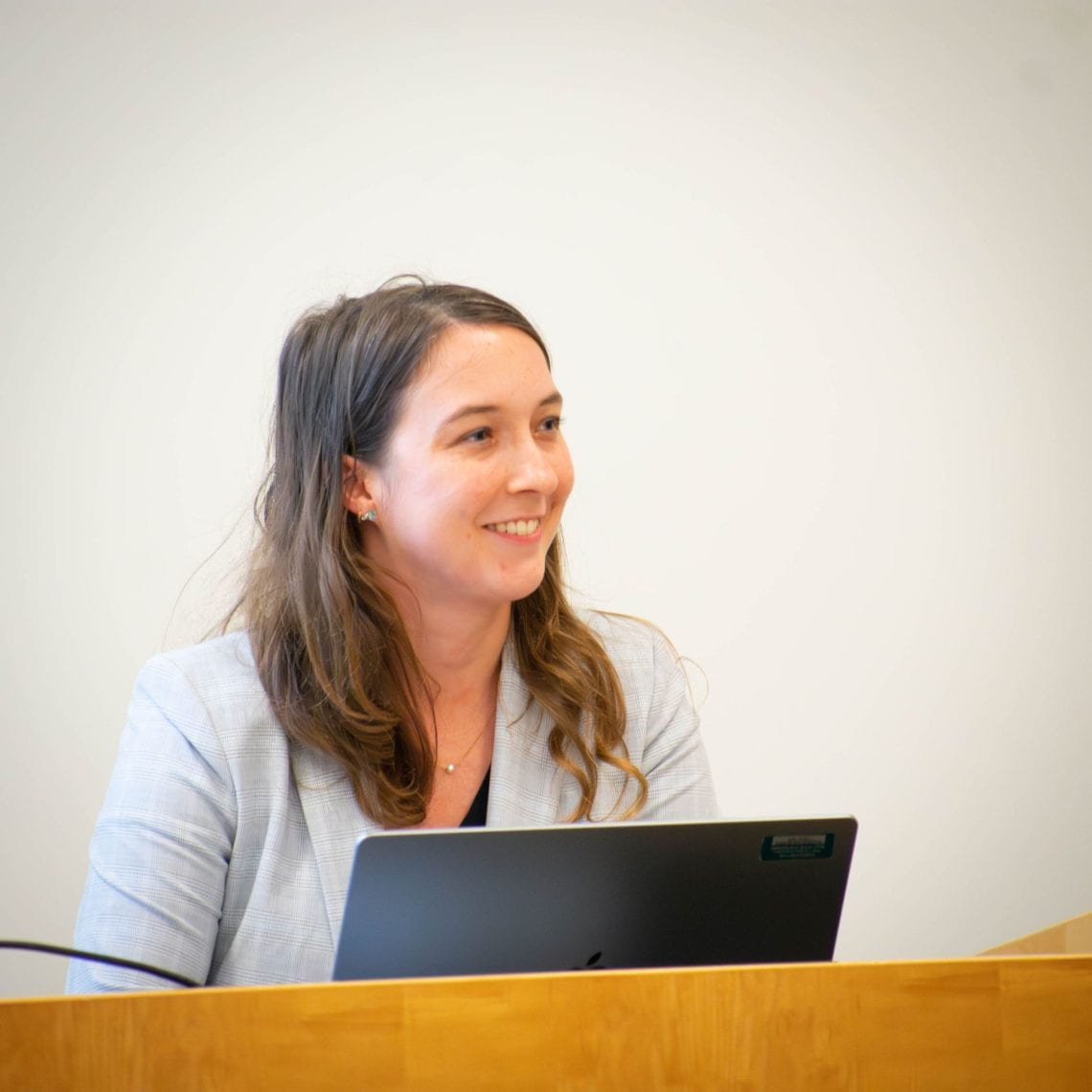
Headlines for the past few weeks have been dominated by record-breaking heat waves across the globe. While we have seen global warming since the industrial era began, July 2023 is believed to set record as the hottest month in 120,000 years. These extreme temperatures are linked to fossil fuel emissions and human land use changes; in conjunction with El Niño weather events, we are likely to see more dangerously hot years ahead (McGrath & Poynting 2023).
This type of news can be daunting, but there are many ways we can promote resilience and protect communities amidst climate disruption, even as we work to lessen impacts by cutting greenhouse gas emissions and regenerating ecosystems. Along with the climate curriculum in the MSEM program, many students choose a climate focus in their capstone research. They select their Master’s Project on a subject interesting to them to analyze risks, push science forward, and create recommendations for policy, businesses, and individuals. Below are some of our students’ Master’s Projects. We hope you’ll take the time to read and share to educate others, and continue to fight climate change together.
First, we highlight 2020 graduate Karishma Becha, for her Master’s Project: “The Impact of Extreme Heat on Environmental Justice Communities in California: Assessing Equity in Climate Action Plans.” Her research utilized emerging resilience frameworks to analyze climate action plans and heat management strategies in three California cities with environmental justice communities. Her recommendations for greater inclusivity and equity include gathering urban heat island data along with demographic data; implementing heatwave early warning systems and response plans; and prioritizing green building retrofits in the most vulnerable communities. Read more about this Master’s Project here.

(Photo by Maddie McGinn)
Next, we feature 2023 graduate Savanna Smith, for her Master’s Project: “Community Microgrids as an Equitable Climate Resilience and Adaptation Strategy in California.” Her research looks at microgrid implementation being used in California as a solution to pricey power outages, electrification demands, and renewable energy. Her work utilizes geospatial analysis to identify vulnerable areas in need of microgrid investment–and to prioritize the significance behind environmental justice communities. Through case studies and a gap analysis of policies and incentives, Savanna’s research recommends policy support for community-owned microgrids and a shift to a performance-based utility model that incentivizes resilience and reliability, and creates equitable access to implementation of microgrids. Read her work in detail here.
Next up we feature another 2023 graduate, Adeline Ford and her Master’s Project: “Climate Change Impacts to Oil Spill Risk and Assessing California’s Preparedness.” Her report assesses the increase and severity of storms in California and how hazardous conditions from those storms can cause an increase in oil spills. You can read her work here.
Lastly, we’re highlighting 2022 graduate Jasmin Chen for her Master’s Project: “Impacts of Sea Ice Loss on Polar Bear Diet, Prey Availability, Foraging Behaviors, and Human-Bear Interactions in the Arctic.” Her work discusses the rapid melt of the Arctic caused by human-induced climate change and the challenges that polar bears (and other species) face from drastic changes in their environment. Learn more about how we can help repair and save polar bear species in her work here.
There are many more Master’s Projects to read and learn from, check them out in our MSEM repository here.






